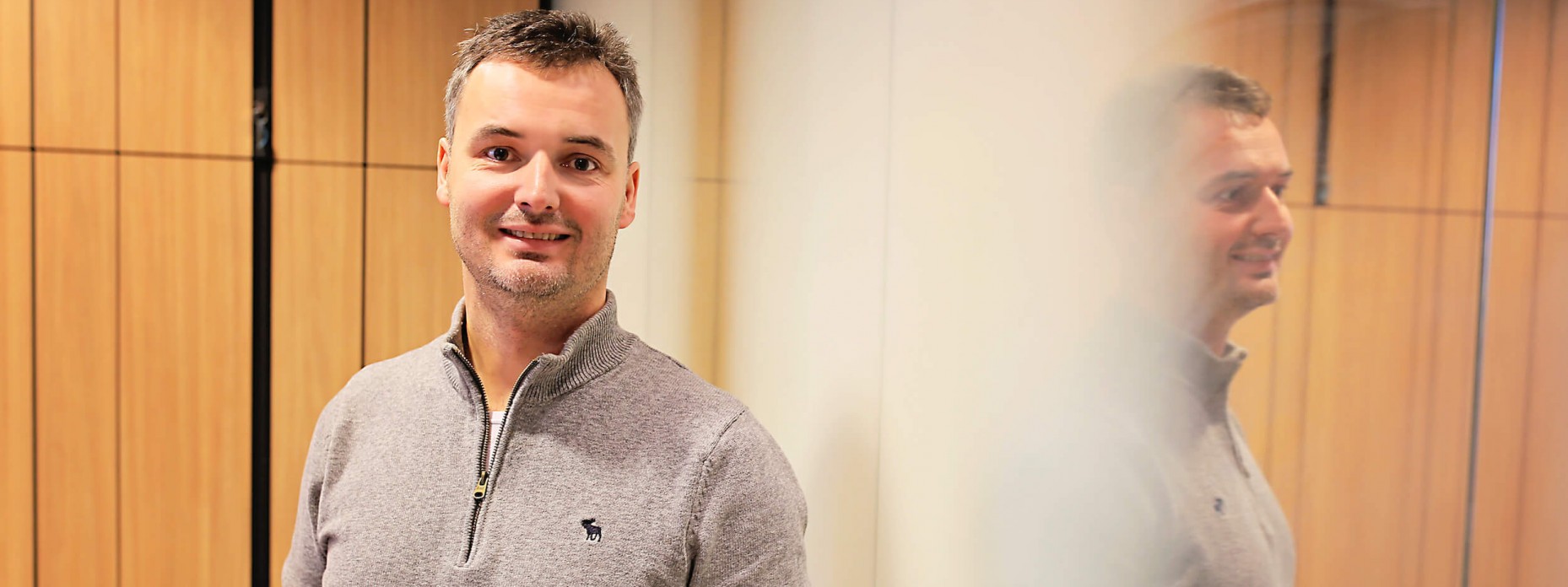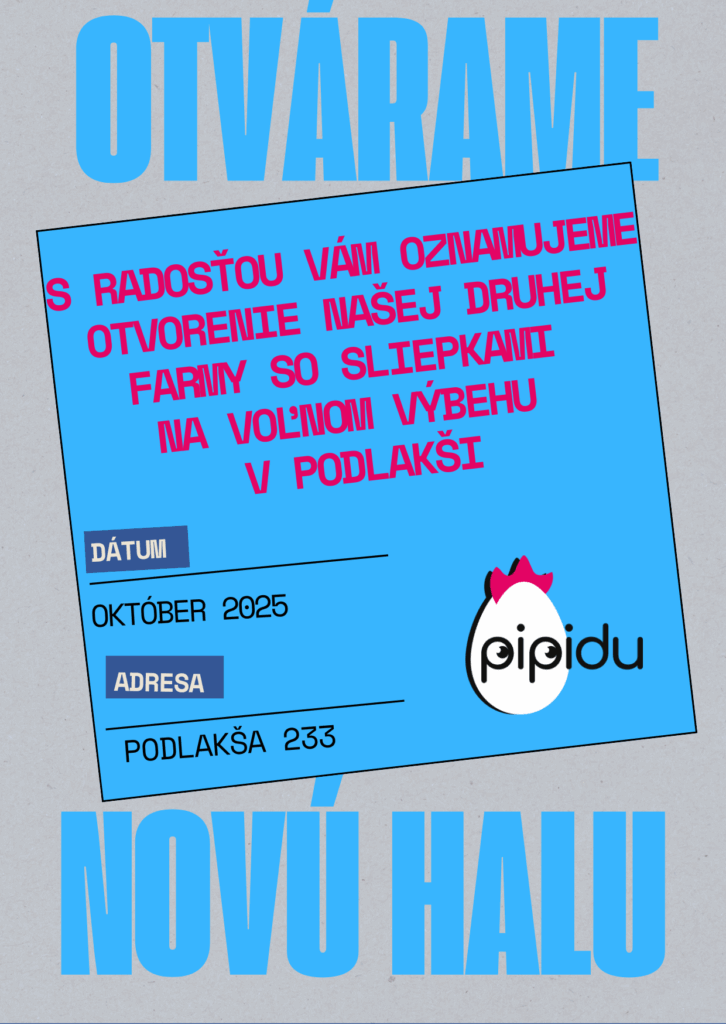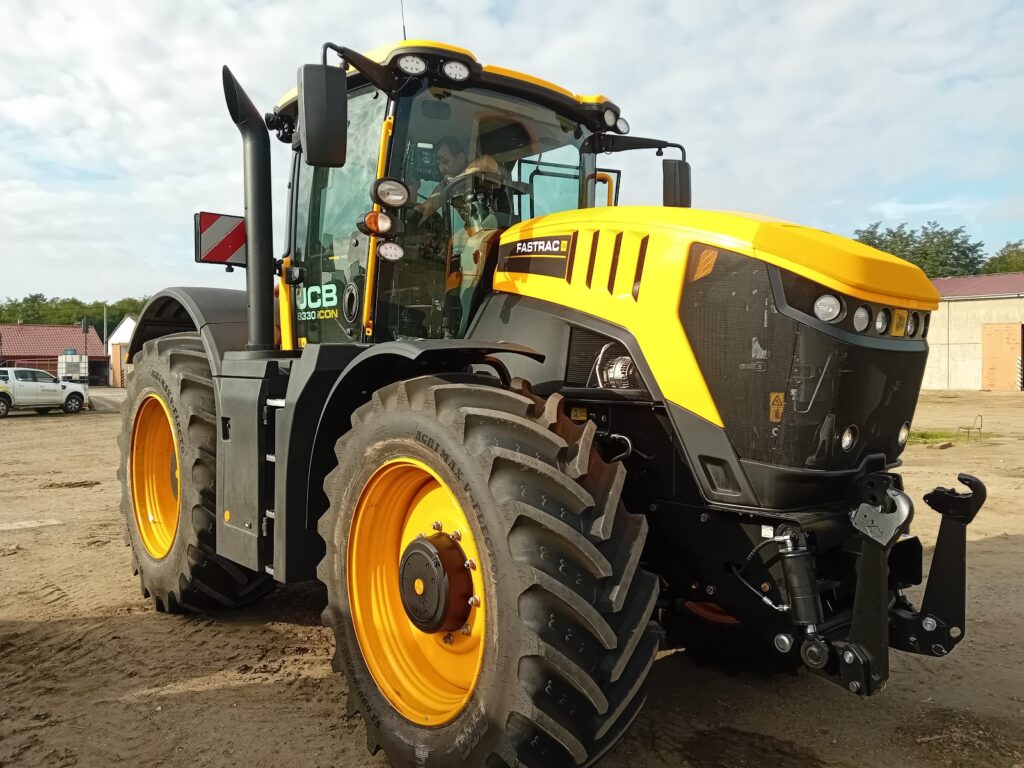Neither the size of the farm nor the number of animals determines whether a farmer is honest, says Michal Dobiš, financial director of the SANAGRO group, in an interview for HN.
How often do you find that farms are not doing well economically?
Too often, I'm afraid.
What's behind it?
The situation on farms in Slovakia is very paradoxical. To give you an example: in one village, you will find a farm that is on the verge of bankruptcy, has no funds for basic necessities and is highly indebted. However, the farm next door is performing very well, has beautiful and well-kept premises, modern machinery and is working very well.
You are now in your fourth year as CFO of the SANAGRO agricultural group. How do you assess the state of agriculture in Slovakia?
It is an extremely complicated industry, which is reflected in all its economic contexts. The whole situation is further complicated by the fact that history has played a large part in the current state of the agri-sector. To be more specific, I have had the opportunity to get to know a number of farms in recent years. I have seen how they operate and what their most common problems are. Mostly it is low labour productivity. However, this is not due to the fact that people do not know how to work in production, but rather due to the incorrect organisation of work. Another very common problem is incorrect investment decisions.

What do you mean?
I am talking about poor management and use of existing capacities. This often leads to inefficient investment in machinery and technology, which the farms are then unable to make sufficient use of because of inefficient organisation of labour. In the end, they turn out to be uneconomic and unable to earn their keep. These actions logically drain resources from other efficient activities and worsen the overall financial situation of the farm.
When you say cooperative, the public imagines a neglected area with almost dilapidated buildings, lots of mud and mess everywhere. In general, one could say that people do not have a very good opinion of agriculture.
Exactly. By "cooperative" people automatically imagine something negative, malfunctioning, outdated and generally bad. A cooperative is just one of several legal forms. If we want to talk about farms, we should first of all talk about 'farms'. A farm is an entity that is engaged in agricultural production and can work well or badly. In our group, too, we have farms that are in very good shape, but we also have farms that we have taken over in an absolutely desperate situation and we are trying to restore them.
The prevailing view is that the agri sector has high potential but low risk. Is this the reason why more and more companies are investing in agriculture today than, say, a decade ago?
I would not say that companies are investing more in agriculture today. Your perception is probably that the media have been covering agriculture more intensively for about two years. There has always been investment, but it has certainly not been related to the fact that high returns with low risk could be achieved in this sector. On the contrary, in agriculture you are fighting a very specific, extremely significant and almost uncontrollable risk that you do not find in other sectors. It is the weather. It has the power to determine, in a matter of moments, the outcome of a year's worth of work and investment.
It is often said that small farms are failing and need to be helped. The big ones are backed by a capital-intensive company; they do not need help. Is this the case?
I have come across this statement myself, but it is extremely misleading. It would greatly help the renewal of Slovak farms and, indeed, the whole industry if farmers stopped dividing themselves into large and small - whether we are looking at the volume of sales, the area or the number of animals. Let us divide farmers into honest and dishonest ones and support those who create value and are interested in the long-term development of agriculture in Slovakia.

SANAGRO so far owns 10 farms mainly in the west and centre of Slovakia, just a few days ago you announced the purchase of another 8 farms and 4 biogas plants from the ESIN group, thus expanding also to the east. And all this in 7 years. Do you consider this growth safe?
Yes, it's fast, but if it was dangerous, we wouldn't have implemented it. Only what we cannot control can be dangerous. We are trying to manage our growth very carefully, and I think we are succeeding so far. So I am not concerned that SANAGRO's growth will pose any danger or risk going forward.
What does its size bring to the group?
We are working to ensure that all companies within the SANAGRO Group benefit from the fact that we can share a lot of information and important long-term experience between individual production managers. In other words, we benefit from not having to learn from our own mistakes. Effective communication and bringing people together who are working on the same things is important. As a result, all farms help each other to improve. It may look nice and simple, but it is important to realise that the results of any measures put in place will only be achieved in agriculture over a period of years. It is an absolutely wonderful result if you can achieve it within two or three years.
How long does it take to rehabilitate a farm?
Three to five years.
What are the first steps you need to take when incorporating farms into your portfolio?
I think it is crucial to give the people on the farm a clear perspective and a sincere desire to help. Today, about 4 per cent of people work in the agri-sector, which is very low, and every new employee is very hard to find.
How big should SANAGRO be in the future?
That's a good question. Honestly, we do not have a specific size criterion. But if you look at SANAGRO through a European or global lens, you will see that we are not a large company in any respect, but rather one of the smaller ones. Or even the smallest.
Do you plan to buy more farms in the near future?
It is now a priority that we incorporate into our portfolio the farms that we have only recently purchased. I expect this to happen over the next year and it will take some time to get our organisation together.
WHO IS MICHAL DOBIŠ
For four years, he has been CFO and member of the Board of Directors of the agricultural group SANAGRO. Prior to that, he worked as CFO of private equity projects within the EASTFIELD Group in Slovakia. He has also previously worked for PricewaterhouseCoopers in the consulting department, for clients in various industries, but mainly in the area of project management. He started his professional career building Shared Service Center in Bratislava for Accenture and then worked in the ProCare polyclinic project.






